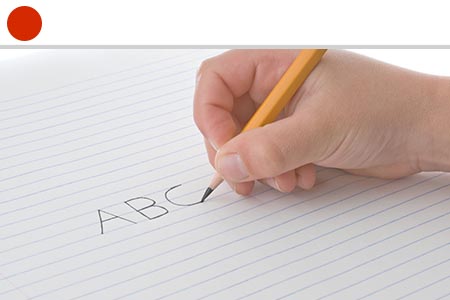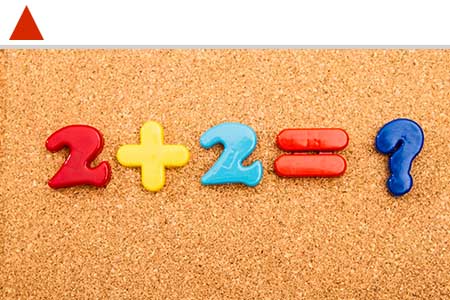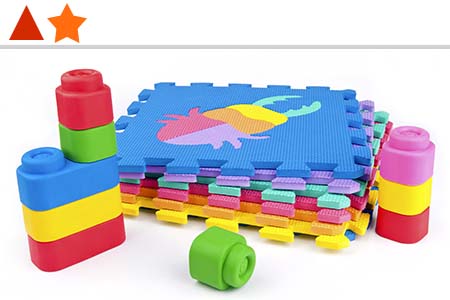Special Needs
Length: 24 articles
Includes: Helpful articles
Parent Resource
Welcome to Our Special Needs Resource
Please click the images below for more information.




Related Classes You May Enjoy
|
February is Black History Month - check out our materials available under Holiday/Seasonal Resources |
Special Needs
Length: 24 articles
Includes: Helpful articles
Parent Resource
Please click the images below for more information.

Special Needs Educational Consultant and author, Judi Monday, provides a wealth of information to educate and equip parents of children with special learning needs. She provides helpful tips, explanations, resources, practical solutions, and encouragement in this series of special needs parenting articles.
Overview
Supplies Needed
Corresponding lessons on SchoolhouseTeachers.com.
What to Do
Go to Class Lessons and download the note-taking template and print it out so you can write notes on it. Start with Lesson One and work through the course.

Twenty-four special needs parenting articles contain a wealth of information for addressing a variety of special learning needs.

To view a full sample of this course, click here.
When Your Child Continues to Struggle:
What You Need to Know
If your child has consistently experienced difficulty with learning and schoolwork, you may be wondering if you are doing something wrong. You may even have asked yourself whether the child needs a different teacher or whether your child might be a “slow learner.” Perhaps you’ve wondered whether you are teaching with the right “learning style.”
All of these are appropriate concerns, but let me offer some reassurance! After helping hundreds of homeschool families, I’ve seldom found a parent to be the primary cause for a child’s learning struggles! The child may have learning disabilities, but there are countless other factors that interact to affect educational and social development: diet, environmental toxins, allergies, emotional issues, and/or immaturity.
Just to be on the safe side, you should check whether you are using the most effective approaches for instruction. For example:
Here is another possibility: your child may be curriculum disabled! His struggle may be due to poor curriculum design or inadequate teaching materials! Not all books and materials marketed to homeschool families are well designed or logically organized. Some texts don’t even teach the foundational skills your child needs to move ahead. Ask yourself: does your child’s textbook present information in a well-sequenced way? Does it jump from topic to topic? Maybe the math or vocabulary books overemphasize drills or don’t provide adequate practice. Remember, too, that even if a particular program worked splendidly for one of your children, that program could be a cause of some problems for another one. If so, consider trying a different curriculum or program. (Visit my website—www.helpinschool.net—to find out more about choosing a curriculum that is appropriate for your child.)
IF YOU’VE checked both your teaching and the curriculum, but you do not have the answers you need, then it’s time to look within your child. Let’s start with basic physical factors that impact learning: vision and hearing. Have you had them checked? In order to do school work, your child needs good vision. Your child may need corrective eyeglasses, but not all vision problems arise from poor acuity. Occasionally, reading delays have been linked to weak visual tracking. Practitioners know that students with dyslexia complain of fuzzy text, shifting letters, and other visual irregularities—even with 20/20 eyesight. You need to know that the most significant reading problems arise from deficits in how the brain processes sound-to-symbol relationships.

Special Needs Educational Consultant, Judi Munday, offers an ongoing series of special needs parenting articles and resources to help parents understand language delays and deficits, dyslexia, and difficulties with math. She provides practical solutions and helpful tips for choosing curriculum and modifying and adapting instruction. An explanation of the skills of learning—acquiring, organizing, storing, and retrieving information—and where possible breakdowns may occur along the path is helpful for those who are seeking to understand the best course of action to facilitate their child’s success. A discussion of assistive technologies for struggling readers and writers and those students who have difficulties with math may encourage parents and reduce the anxiety and stress the student often feels. Parents of children with dyslexia will appreciate the lengthy discussion and advice Judi gives. Judi is also the author of Teaching a Child with Special Needs at Home and at School, a 296-page book full of easy-to-use instructional strategies and advice about “what works” – for both parents who homeschool and for teachers who work with students with special needs. Learn more about the book at www.teachingachildwithspecialneeds.com/.
Lesson Designer
Special Needs Consultant, Speaker, and Author
Judi Munday has a heart to equip, educate, and encourage parents…
Related Classes You May Enjoy








































